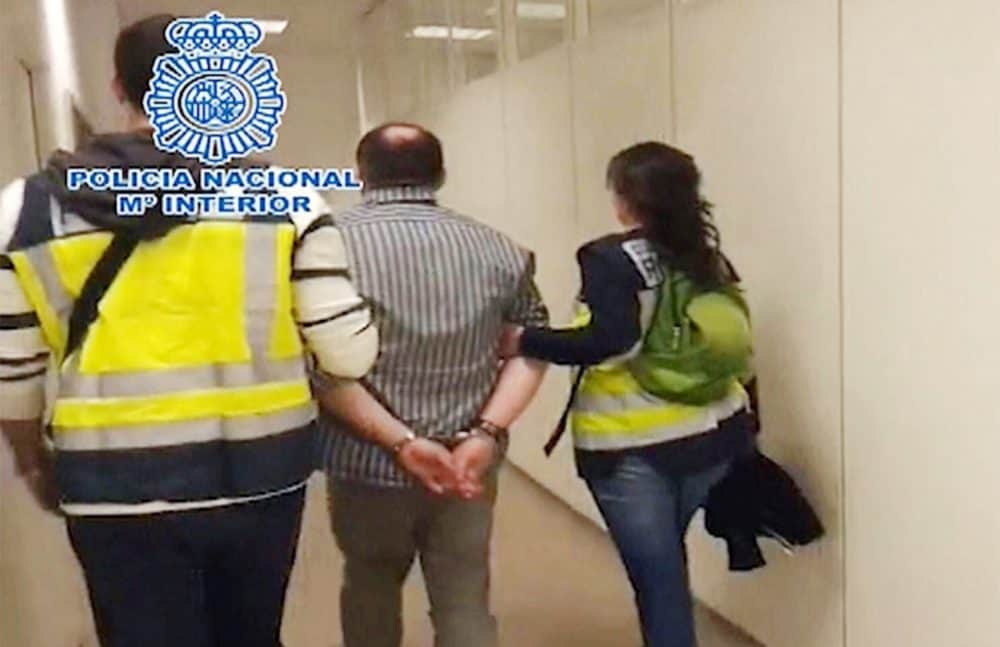 Dollar sees huge one-day rally in Costa Rica, reaches highest price in 2 years (via http://insidecostarica.com)
Dollar sees huge one-day rally in Costa Rica, reaches highest price in 2 years (via http://insidecostarica.com)January 30th, 2014 (InsideCostaRica.com) The dollar gained ¢6.55 in a single day yesterday, reaching a level not seen in two years. The currency reached a sale price as high as ¢526 in retail banks. This morning, the Central Bank reference rate…



